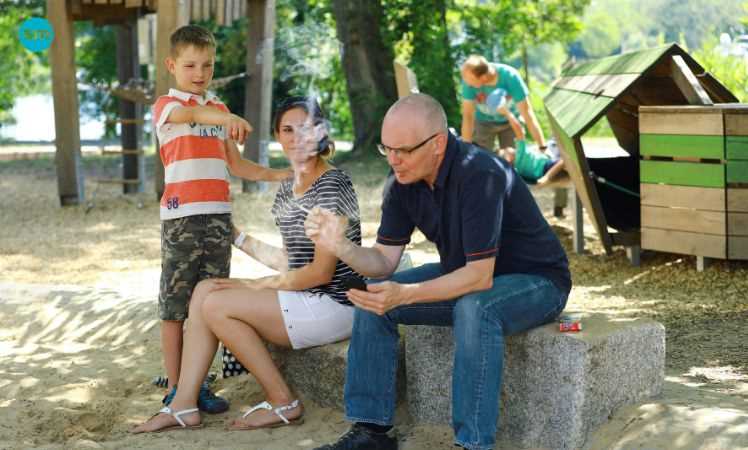Last updated on January 15, 2024 by Lori Pace
Imagine being charged with an act that could disrupt your family life: child endangerment. As scary as it sounds, it’s crucial to understand what this crime consists of. Why?
Because knowing these categories allows you to protect innocent people from such tragic experiences. Furthermore, false accusations can happen to anyone. When facing charges, it is equally important to know your rights and the steps to take in handling such situations.
What constitutes a child hazard?
Child endangerment is a catch-all term that describes harm to children. This includes physical harm, emotional abuse or neglect, sexual abuse and neglect of basic needs.
1. Bodily harm or risk of bodily harm
Physical harm includes situations where a child is physically abused or forced to engage in activities that may cause harm. For example, leaving young children alone in a car, letting them operate heavy machinery, or exposing them to harmful substances such as drugs.
2. Emotional abuse or neglect
Emotional abuse or neglect is the invisible aspect of child endangerment. It is characterized by persistent harmful behaviors toward children, such as persistent criticism, rejection, or neglect of their emotional needs. These can cause profound psychological damage to children.
3. Sexual abuse
Sexual abuse is a disturbing form of child endangerment. It involves any inappropriate sexual conduct with minors or exposing them to sexually explicit adult material. This form of behavior can have devastating long-term effects on a child’s well-being and development.
4. Basic needs are ignored
Neglecting basic needs is another form of child endangerment. It involves the failure to provide critical necessities such as adequate food, shelter, clothing, or medical care. This neglect can stunt a child’s growth and development, leading to long-term health and social problems.
What you can do if you are wrongly accused
Being accused of a crime you didn’t commit is a terrifying experience, but you’re not alone. There are many things you can do to regain your freedom, including the following.
1. Contact a lawyer
Once you have been charged, it is critical to seek legal counsel. For example, an Edison fourth-degree child endangerment defense attorney will have specific experience and knowledge of local laws and court practices, making them ideally suited to handle this type of case.
2. Record everything
Accurate records are critical when you are falsely accused of child endangerment. Be sure to document all conversations, statements, and important dates or times involving the allegation. This meticulous record keeping can provide important evidence for your defense in court.
3. Stay calm and cooperative
While it can be painful to face false accusations, it is crucial to remain calm and cooperative. Being hostile or overly defensive can hurt your case. Instead, you should voluntarily cooperate with investigators while ensuring that your rights are respected throughout the legal and trial process.
4. Prepare your defense
Preparing your defense is a critical step. Work with your attorney to gather evidence that refutes the charges against you. This may include items such as witness statements, surveillance footage, or voice clips. This exculpatory evidence can be invaluable in defending your case.
5. Follow legal advice
In a false child endangerment charge, it is critical to follow your attorney’s advice. Follow all instructions, such as avoiding confrontation with the accuser or discussing the case publicly, such as on social media. Remember, what you say can have a significant impact on your case.
In summary…
It is important to educate yourself on these critical issues. Remember, knowledge not only empowers you, but it also empowers the community around you. Recognize the signs that a child is in danger, don’t ignore any suspicion, and report it immediately. In the unfortunate circumstance that you have been wrongly accused, stand up for your rights and face the situation calmly with strong legal assistance.




